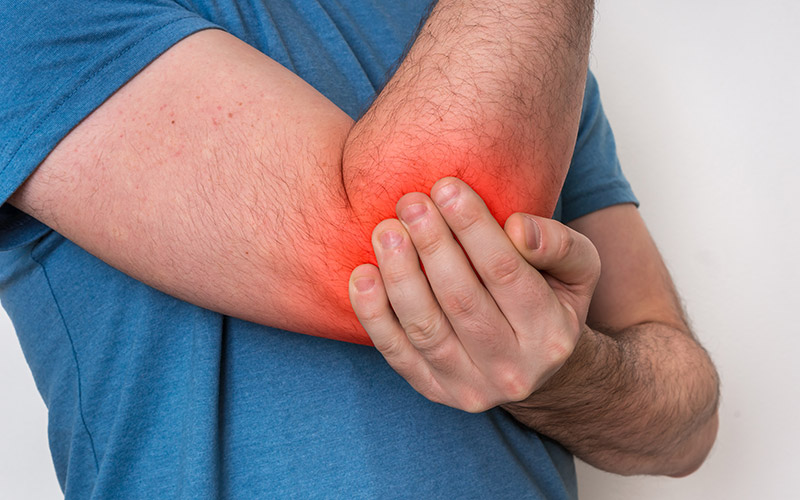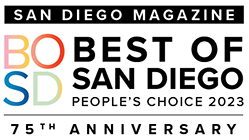
What is Pronator Teres Syndrome?
Pronator teres syndrome is a disorder that is caused by the pronator teres (a muscle that helps bend the elbow and rotate the forearm) compressing the underlying median nerve. This compression of the nerve can result in neuropathy into the forearm and hand accompanied by weakness and loss of sensation of the thumb, index and middle finger1. There can be a couple of reasons for this syndrome. Direct trauma, boney abnormalities, or the most common reason for the nerve to be compressed at this location would be hypertrophy of the pronator teres1,2. This hypertrophy can be a result of manual occupations, racket sports or other activities which require repetitive forearm rotation1.
Treatment for Pronator Teres Syndrome
To address pronator teres syndrome there are a couple of different options depending on the pathology of the syndrome. If it was direct trauma and there was swelling in the area, the PRICE principle could be implemented in order to reduce the edema. Ibuprofen or another anti-inflammatory medication might also assist with the inflammation of this cause. If the source of the disorder is coming from the muscle bulk of the pronator teres, then a couple of different interventions could be implemented. One intervention would include various massaging techniques that could reduce the muscular tone of the pronator teres. These massage techniques accompanied by stretches of the forearm musculature could help to improve the symptoms as well2.
Another option might be dry needling. Dry needling has been shown to reduce pain, decrease resting muscle activation (through EMG), and reduce muscular tension3. Lastly, if the syndrome’s origin is from a structural abnormality or if conservative treatment is not helping, there has been studies indicating surgical intervention might be able to help decompress the median nerve. This surgical procedure however, has not had as promising outcomes as compared to a carpal tunnel syndrome release1.
If you have questions or concerns, contact the therapy team at ProActive Physical Therapy and Sports Medicine for help.
For Help with Pronator Teres Syndrome, Visit One of Our Clinics
Rancho Bernado Physical Therapy Clinic
Carlsbad Physical Therapy Clinic
Carmel Valley Physical Therapy Clinic
Mission Valley Physical Therapy Clinic
National City Physical Therapy Clinic
Resources:
- Ho Jin L, Ilsup K, Jae Taek H, Moon Suk K. Early Surgical Treatment of Pronator Teres Syndrome. Journal Of Korean Neurosurgical Society [serial online]. May 2014;55(5):296-299. Available from: Academic Search Index, Ipswich, MA. Accessed June 7, 2018.
- McDaniel J, Khodadadi F. Pronator teres syndrome. Topics In Clinical Chiropractic [serial online]. December 1999;6(4):51-81. Available from: CINAHL Complete, Ipswich, MA. Accessed June 8, 2018.
- Ortega-Cebrian S, Luchini N, Whiteley R. Original research: Dry needling: Effects on activation and passive mechanical properties of the quadriceps, pain and range during late stage rehabilitation of ACL reconstructed patients. Physical Therapy In Sport [serial online]. September 1, 2016;21:57-62. Available from: ScienceDirect, Ipswich, MA. Accessed June 8, 2018.

